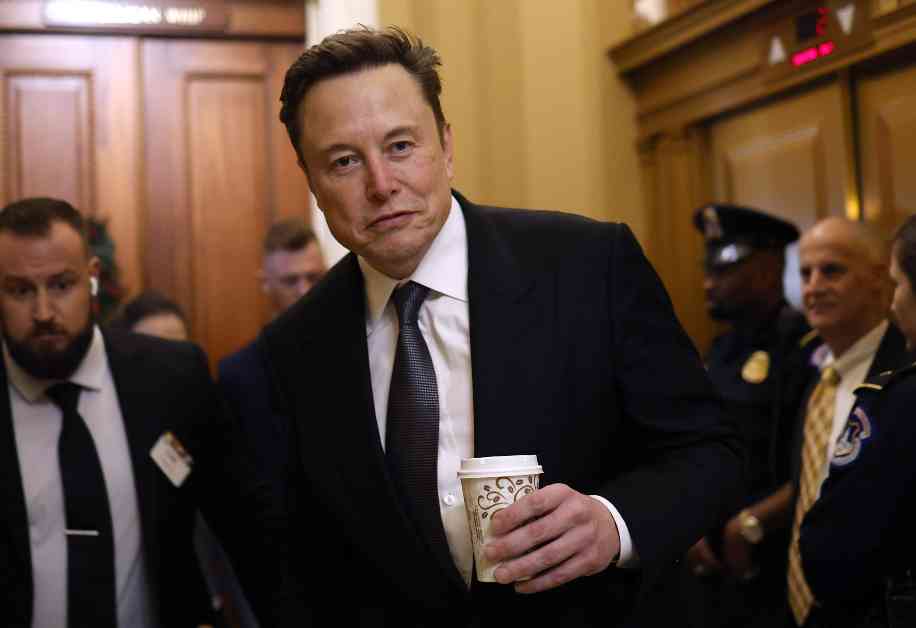Opinion: Big Tech is choking the life out of New Zealand journalism. The advertising monopoly run by platforms like Meta and Google starves local media of revenue, making it harder to pay journalists and sustain quality reporting. New Zealand’s Media and Communications Minister, Paul Goldsmith, is studying Australia’s new tougher approach to Big Tech and has said he will watch how Australian legislation “unfolds over the next couple of months and if it lands well, consider whether or not we seek to shift our approach in that direction”. Playing chicken with Big TechA recent piece in the Australian ABC characterized politicians threatening to impose regulations as playing chicken with Big Tech. The problem with democratic politicians is that they just aren’t as good at chicken as tech leaders.
Considered statements like Goldsmith’s suggest approaching a game of chicken with a plan to swerve when facing off against social media juggernauts focused on profit. We celebrate the diversity of views in our Parliament. Social media companies enjoy that diversity too. They know Aotearoa’s voters better than our politicians and they can use that knowledge to induce a swerve when facing off against a politician who presumes to mess with their money. “Paul Goldsmith wants to deny you access to your internet support group!”
Looking beyond Australia In October 2024, I spent time in Brazil giving talks on the ethics of technology at universities across the country. While there, I saw firsthand how Brazil’s Supreme Court justice Alexandre de Moraes played chicken with Elon Musk and his social media platform X, and won. In their earlier encounters, Australian politicians wasted a lot of time arguing with Musk and trading insults with him. For example, Prime Minister Anthony Albanese called Musk an “arrogant billionaire who thinks he’s above the law”. Now that Musk is informally appointed to joint leadership of the US Department of Government Efficiency, he probably views that as his job description. Insults are Musk’s superpower. X gives him immediate and unfiltered access to over 200 million followers making his accusations of “fascist” more impactful than any politico’s qualms. De Moraes’ status as a judge makes him impervious to them. He isn’t allowed to make the mistake of Australian politicians of trash-talking Musk. Instead he leaves that to others. No Portuguese is required to understand these sentiments about Musk of Brazil’s First Lady, Janja Lula da Silva. Instead of arguing, de Moraes found the most direct way to reason with Musk. He targeted the platform’s revenue. On August 30 this year, de Moraes responded to a refusal to remove far-right content and accounts advocating violence by banning X in Brazil. The ban was lifted on October 8 after Musk paid a significant fine and agreed to appoint a Brazil-based representative to respond to future complaints.
How to play chicken against MetaAotearoa’s complaints about Google and Meta differ from Brazil’s beef with X. But the same attitude could work to prompt a reasonable approach to revenue sharing. Big Tech is adept at playing chicken against democratic politicians by giving them reasons for delay. Remember that for Big Tech a delay is as good as a win. They can always come up with further reasons for delay. If you’re serious about playing chicken with Meta it’s essential to promptly dismiss their many non-arguments. In response to Australia’s measures Meta said it was concerned about arrangements requiring “One industry to subsidize another.” Why should a successful technology company subsidize a struggling media industry? But there are many such cases. One example New Zealanders are familiar with is the tax on the tobacco industry that currently subsidizes the medical services industry. How long could Facebook users do without their ‘friends’ if New Zealand politicians credibly threatened to block or limit access? Here is the weakness in Big Tech’s obsession with profit in games of chicken with democratic leaders who count on popular support. The survivors among Aotearoa’s journalists have shown they can survive hardship that comes with a hollowed-out media business. For all of his bravado, Musk was forced to swerve by de Moraes after 40 days of reduced Brazilian revenue. If our leaders blocked or restricted access to Facebook could we beat Brazil’s record? If they got better at playing chicken they might only have to credibly threaten to block access to get Big Tech to swerve.
What is social media’s AI endgame for Aotearoa’s media? We should consider this dispute from the standpoint of Big Tech. Why are they so keen to abandon earlier deals with Australian media? Why don’t they even want to talk to us? These discussions occur at a time when social media companies are rebranding as AI businesses. Social media businesses have spent decades getting to know us. Might they be dreaming of a future in which they can take stories from richer media markets and press the ‘New Zealand-ify’ tab to sprinkle in as many Jacinda or Pinetree Meads references as the AI deems useful? In that possible future, our local journalism really is worth nothing to them. This is why threatening to block access isn’t just about short-term leverage. Without access to New Zealanders’ latest hopes, fears, and debates, stories about us would quickly feel outdated. So in the long run, local media will surely return to us on our own terms. The challenge now is whether our leaders are brave enough to credibly threaten Big Tech’s profits. If Brazil can stand up to Big Tech, surely New Zealand can too.





